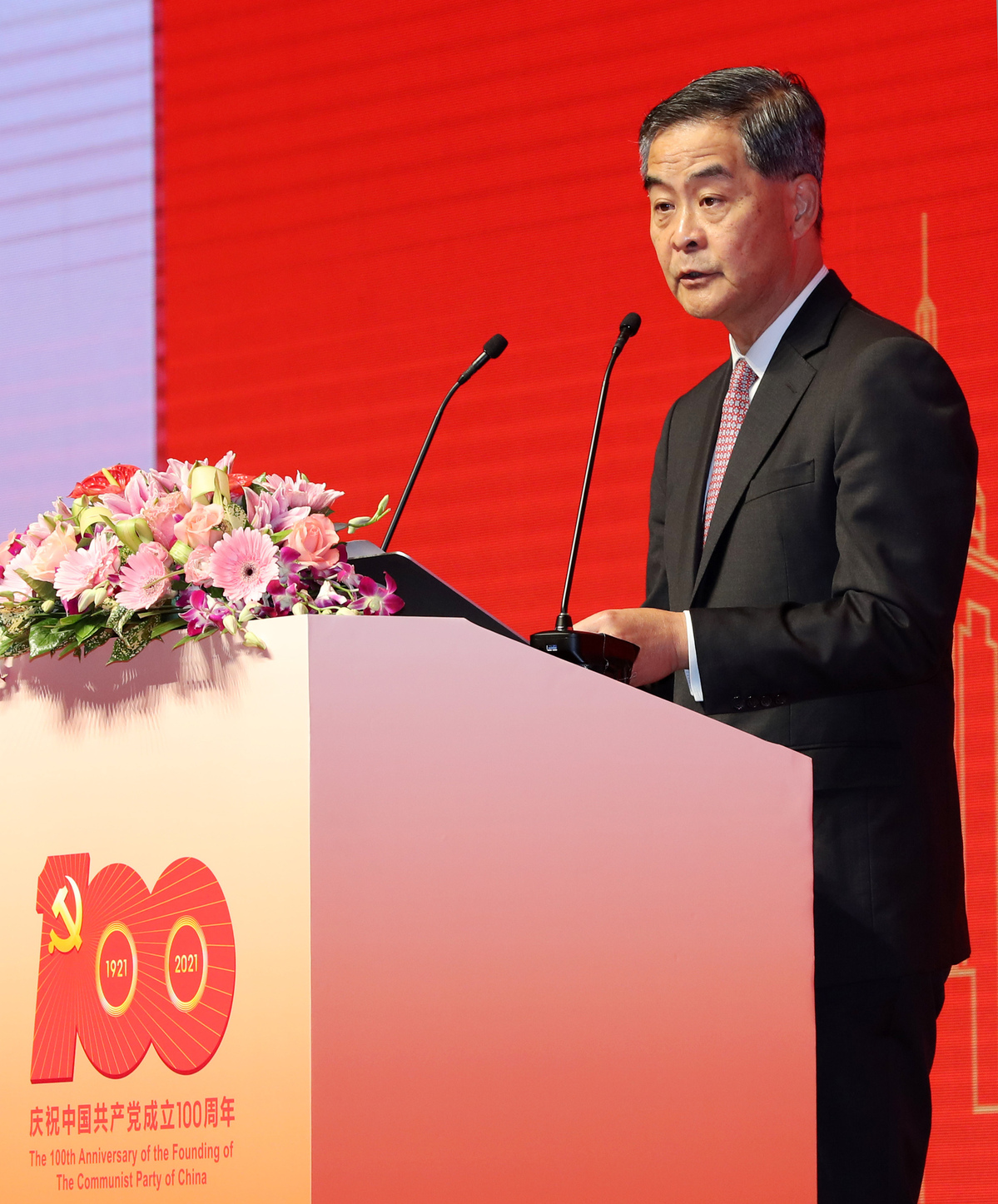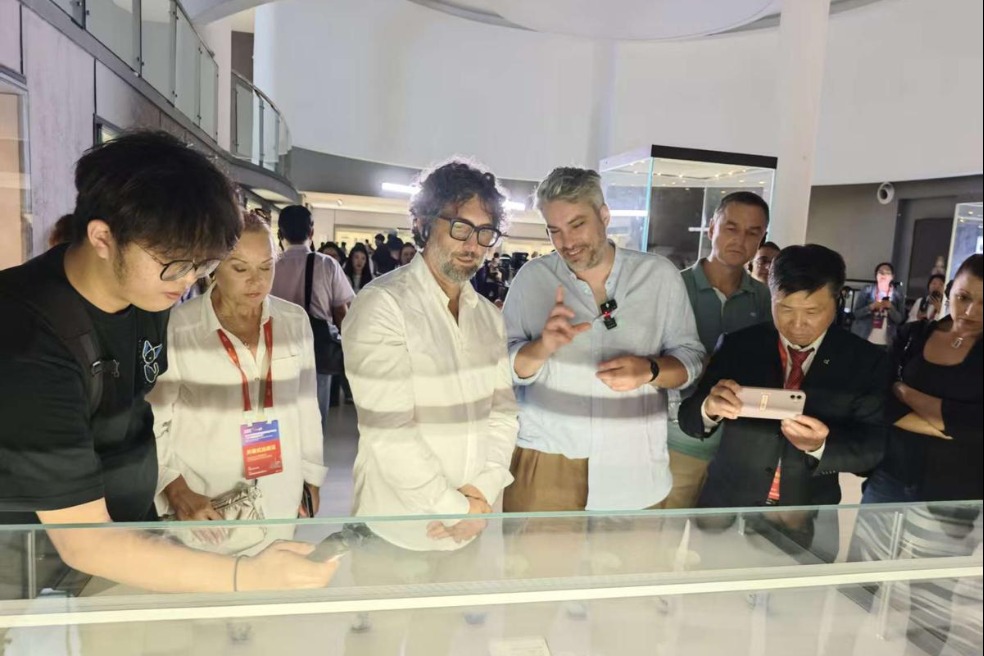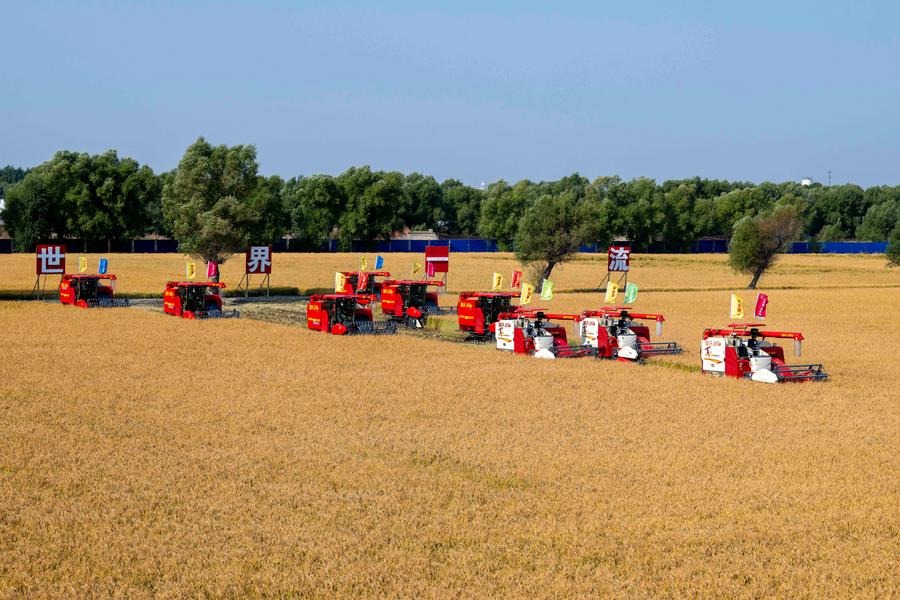CPC sets example of rule of law, democracy: Leung Chun-ying


HONG KONG - The Communist Party of China (CPC) not only pioneered the peaceful settlement of territorial and sovereignty issues left over from history through "one country, two systems" in Hong Kong, but also set a good example of the rule of law and democracy, Leung Chun-ying, vice-chairman of the National Committee of the Chinese People's Political Consultative Conference (CPPCC), said on Saturday.
When addressing a forum here, Leung said "one country, two systems" has not only facilitated Hong Kong's return to the motherland but also helped maintain Hong Kong's prosperity and stability.
The arrangement is enshrined in the Basic Law of the Hong Kong Special Administrative Region, which reflects the rule of law and provides the legal basis for the Chinese government to authorize "Hong Kong people administering Hong Kong," Leung said.
Recalling the drafting of the Basic Law, Leung said the related consulting work lasted for over four years, which is the longest and largest consulting work in Hong Kong so far, with voices of people from different walks of life listened to during the process.
The drafting of the Basic Law demonstrates the spirit of democracy to the maximum, he said.
The forum, under the theme of "CPC and 'one country, two systems,'" was held in Hong Kong to mark the 100th anniversary of the founding of the CPC.
More than 650 people from various sectors in Hong Kong attended the forum, including Tung Chee-hwa, also vice chairman of the CPPCC National Committee, and HKSAR Chief Executive Carrie Lam. Luo Huining, director of the Liaison Office of the Central People's Government in the HKSAR, delivered a keynote speech at the forum.
- Blue alert issued for Fengshen, 24th typhoon of the year
- China's AIMS telescope in mid-infrared band operational
- Global mayors visit China Ceramics Museum in Jingdezhen
- Winter could arrive early for Beijing as cold spell continues
- China's job market stable in first three quarters of this year
- 20th CPC Central Committee starts fourth plenary session




































